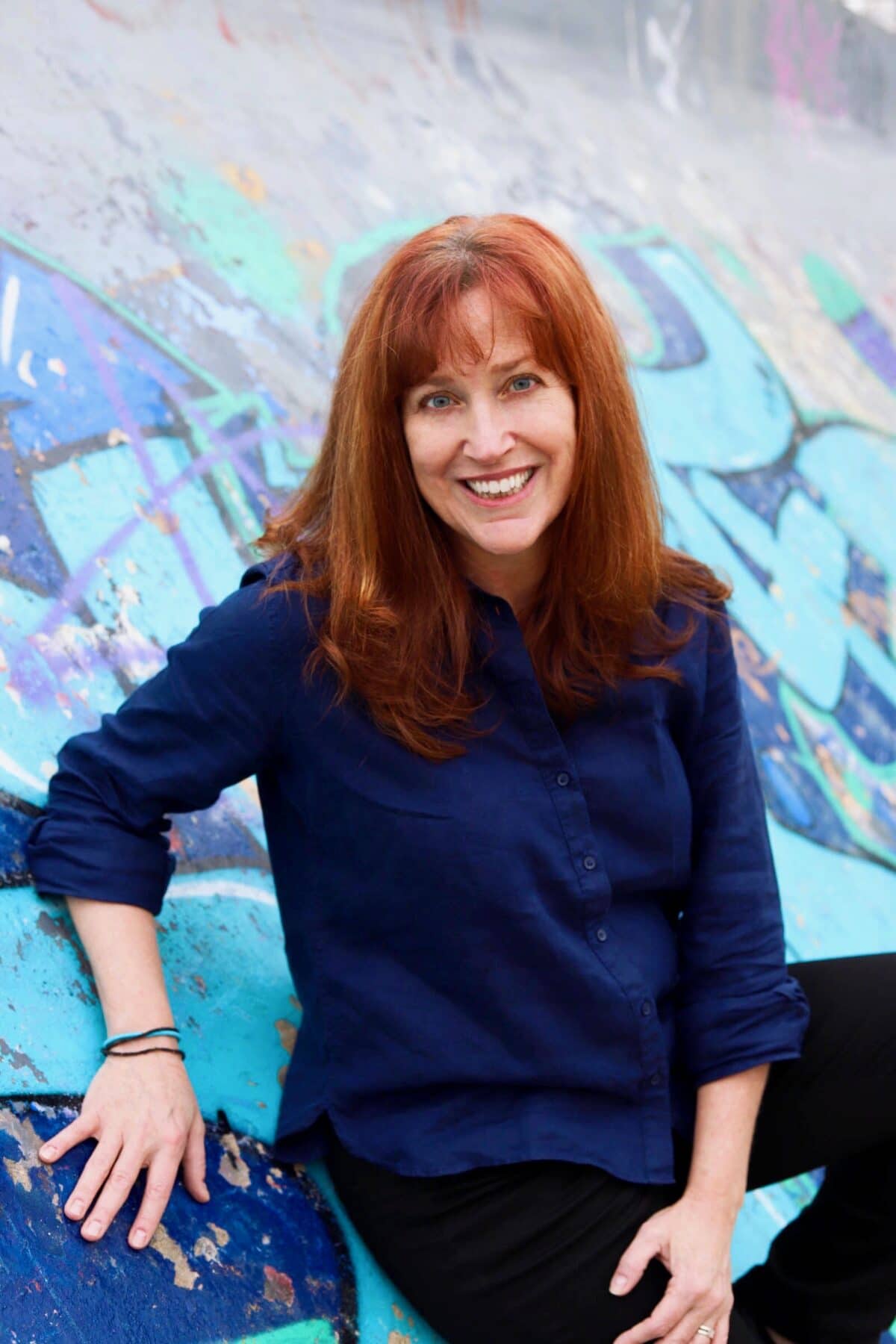Webinar
What’s Wrong With This Work? Turning Rejections into Publications
Wednesday, January 19th, 2022 @ 2:00 pm - 3:15 pm Eastern
Agents, editors, publishers and readers often accept or reject your work based on the first page. Learn how to make them read on.
Additional Information
Your book or essay feels ready…but it keeps getting rejected. What’s wrong? In this webinar, we’ll look at what your first pages or first paragraph MUST have to catch an agent, editor or publisher’s eye; how to decide if you’re at the level of the venues you want to publish in; and how to tailor an essay or humor piece for a better chance of acceptance.
We’ll explore key principles and consider published examples from work that was accepted at McSweeney’s, the New Yorker, Penguin Random House, Knopf, and by agents on the “first try.” Then, we’ll live-edit participant work to show how to establish voice, intention, purpose, and story from the very first sentence. You’ll learn a fast, easy way to see if your memoir is starting in the right place; the fundamental element every humor piece needs; and how parallel structure can get your guest essay accepted at an A-list media outlet.
In this webinar, you will:
- LEARN the key elements of strong opening pages and how to express them in your own work.
- DISCOVER a three-step process for analyzing whether a media venue or literary journal is a “good fit” for your own work.
- UNDERSTAND how deliberately paralleling an existing structure can get your editorial or guest essay accepted.
- SEE participant work live-edited to increase the chances of acceptance, and learn to apply those edits to your own work.
There will be time for a Q&A at the end of the presentation.
This webinar is ideal for writers of all levels who have submitted or are ready to submit work for publication.
All registrants receive a recording.
To request closed captioning, please email [email protected].
Course Presenter
Hear from our Students
Creative Nonfiction’s online writing classes have helped more than 3,000 writers tell their stories better.
Read Success StoriesTestimonials
I enjoyed reading other peoples work and getting feedback about my own work– the handouts/video links and class lessons were also very informative and relevantly paced to the give structural guidelines.
Catherine O’Neill

